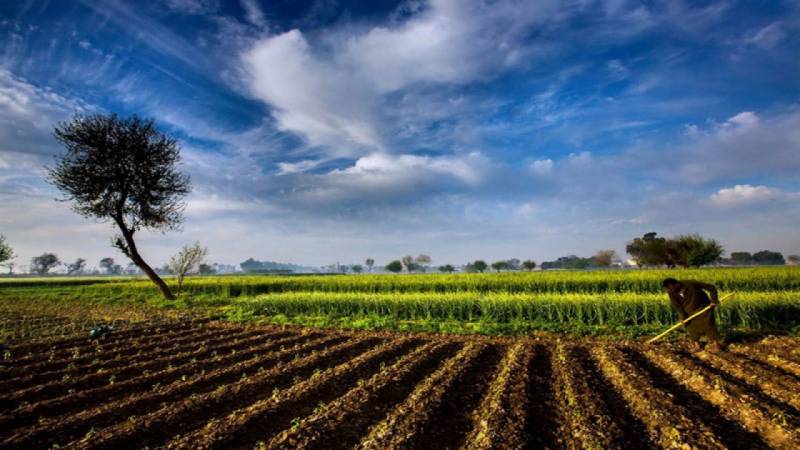
The Prospects of Green Politics for a Sustainable Future in Pakistan

Pakistan is a country that has been struggling with environmental issues for several decades. The problems are manifold, from air pollution to deforestation, from water scarcity to waste management. Green politics, which prioritizes the protection and preservation of the environment, offers a promising solution to these issues. In this blog, we will discuss the prospects of green politics for a sustainable future in Pakistan.
Green politics is a movement that prioritizes environmental protection and sustainability. It is based on the premise that our environment is a finite resource that must be preserved for future generations. Green politics in Pakistan is still in its nascent stages, but there are signs that it is gaining momentum. In recent years, environmental activism has increased in Pakistan, with young people leading the charge. This new generation of activists is pushing for more sustainable policies and practices, and they are making their voices heard.
One of the key areas where green politics can have a significant impact in Pakistan is in energy production. Pakistan has historically relied on fossil fuels for energy, which has led to a significant increase in air pollution. However, there is now a growing movement towards renewable energy sources, such as solar and wind power. The government has set a target of producing 60% of its energy from renewable sources by 2030, and there are several large-scale projects underway to achieve this goal.
Another area where green politics can make a significant impact is in agriculture. Pakistan is an agricultural country, and its farmers face numerous challenges, such as water scarcity and soil degradation. Green politics can promote sustainable agricultural practices, such as crop rotation and organic farming, that can help to protect the environment while also increasing yields.
Water scarcity is another significant environmental issue in Pakistan, with many areas of the country facing acute shortages. Green politics can play a crucial role in promoting water conservation and management. This could include policies such as rainwater harvesting and promoting the use of water-efficient technologies.
Finally, waste management is another area where green politics can make a significant impact. Pakistan is facing a waste crisis, with garbage piling up in cities and polluting the environment. Green politics can promote policies such as recycling, composting, and waste-to-energy technologies, which can help to reduce the amount of waste generated and also provide a source of renewable energy.
In conclusion, the prospects of green politics for a sustainable future in Pakistan are promising. While the movement is still in its early stages, there are signs that it is gaining momentum. By promoting sustainable practices in areas such as energy, agriculture, water management, and waste management, green politics can help to protect the environment while also promoting economic growth and development. It is up to the government, civil society, and individuals to support this movement and work towards a more sustainable future for Pakistan.







